This Trunk Stuffed With 17th-Century Letters Is a Historian’s Dream
Recipients never read these letters, but their loss is history’s gain
It's every historian's fantasy: A perfectly preserved cache of valuable letters. It's almost always a pipe dream, but once in a lifetime, the fantasy becomes real. That's the case in the Netherlands, where 2,600 letters have been discovered inside a postmaster's trunk.
The letters, which were written and sent in France, Spain and the Spanish Netherlands between 1689 and 1706, were never delivered. Their recipients weren't found, refused delivery or never paid for postage, reports Maev Kennedy for The Guardian. Their loss is history's gain, though—the huge cache is being hailed as an extraordinary resource, especially for scholars curious about the lives of ordinary people of the era.
A worldwide team of academics is diving into the huge cache of letters contained within the linen-lined leather trunk. The trunk also contained valuable accounting books that will help scholars better understand the finances and postal routes of the era. Kennedy explains that the trunk, which made its way to a Dutch museum in 1926, contains letters from all kinds of people:
The collection includes letters from aristocrats, spies, merchants, publishers, actors, musicians, barely literate peasants and highly educated people with beautiful handwriting, and are written in French, Spanish, Italian, Dutch and Latin.
The physical letters themselves, which were sometimes stuffed with forget-me-nots and other memorabilia, are as interesting as their contents. In a release, the research team explains that the system of intricate folds is known as "letterlocking," and it presents a real challenge for scholars. Not only are the letters sealed with unique wax seals, which captured the fingerprints of some senders, but also they were folded to be their own envelopes. Historians don't know much about the once-prevalent custom, so researchers are using X-rays to read 600 unopened letters without disrupting their folds. Other, previously opened letters are being unfolded and studied, revealing ingenious origami-style folds.
The letters that have been studied so far contain tales of loss, heartbreak and hope. Many were refused by their recipients, who would have had to pay postage. In another release about the find, a scholar from Yale cites a letter written on behalf of an opera singer to a wealthy merchant:
I am writing on behalf of your friend and mine and she realized as soon as she left the opera company in The Hague to go to Paris that she had made a terrible mistake. Now she needs your help to come back to The Hague. I could tell you the true cause of her pain, but I think you can guess.
Did the singer ever get the help she needed? We may never find out—but reading her unopened mail means we'll never forget her.
/https://tf-cmsv2-smithsonianmag-media.s3.amazonaws.com/accounts/headshot/erin.png)
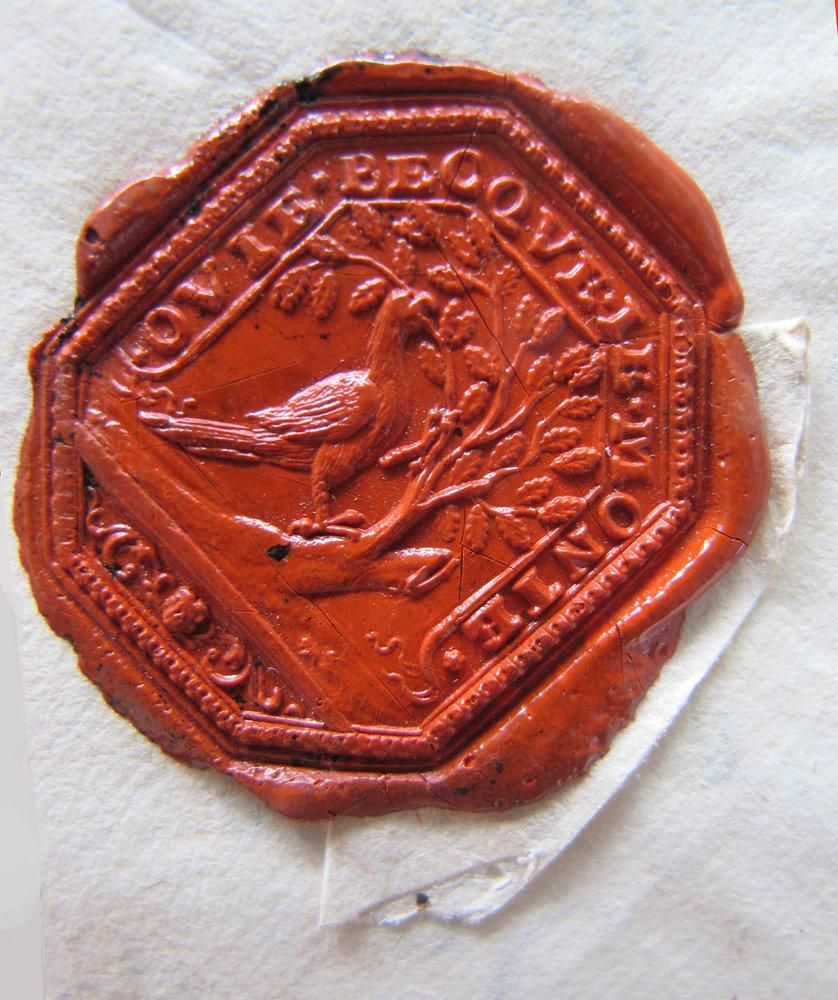
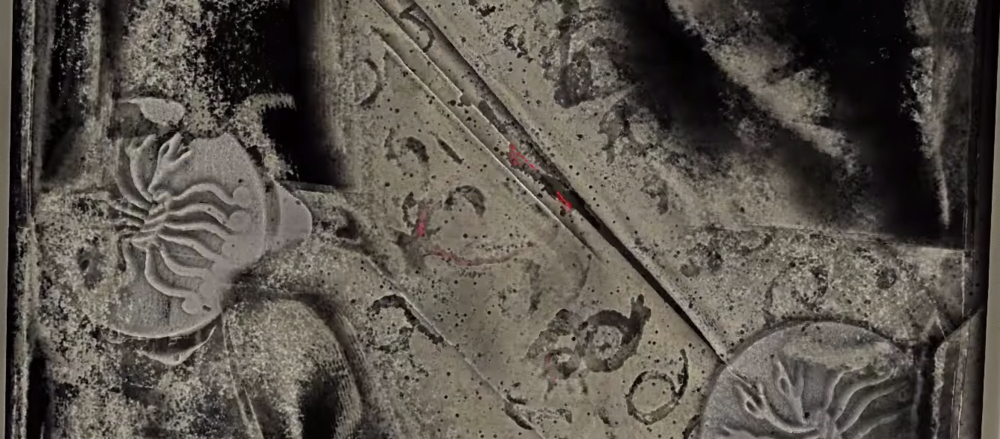
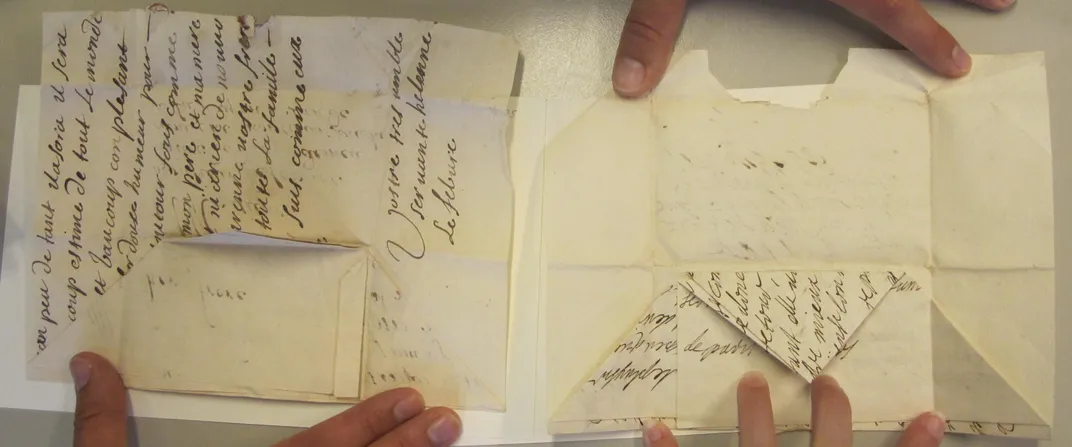
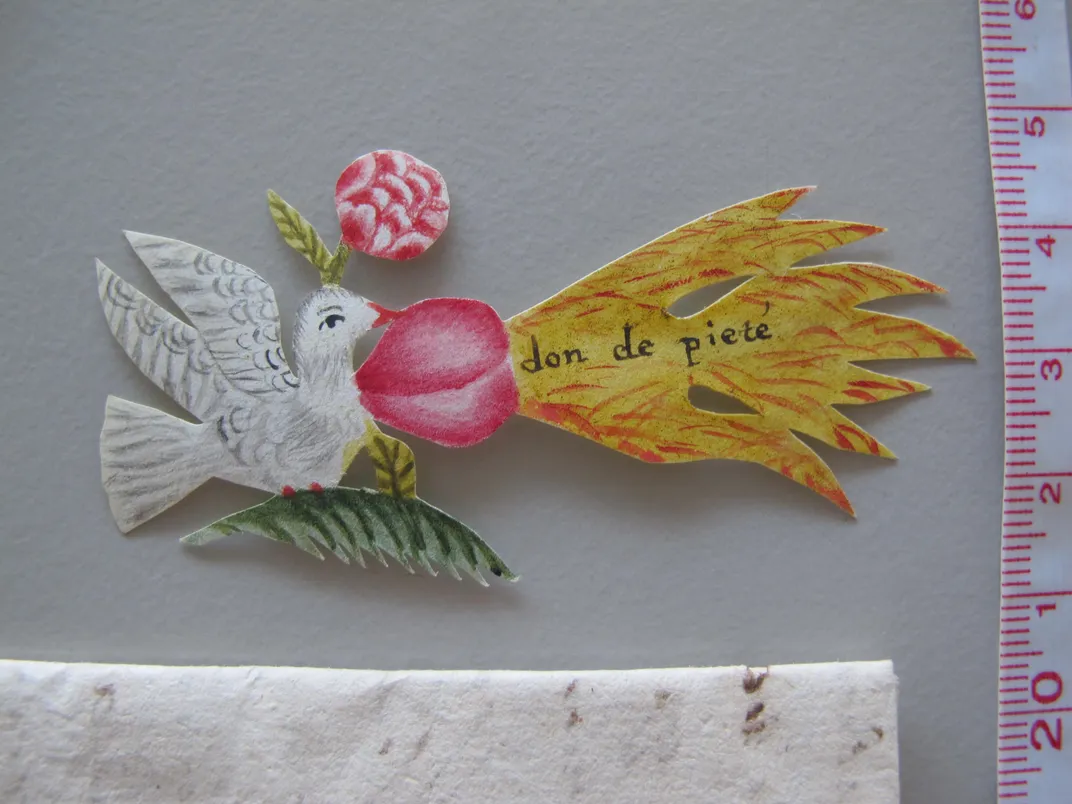
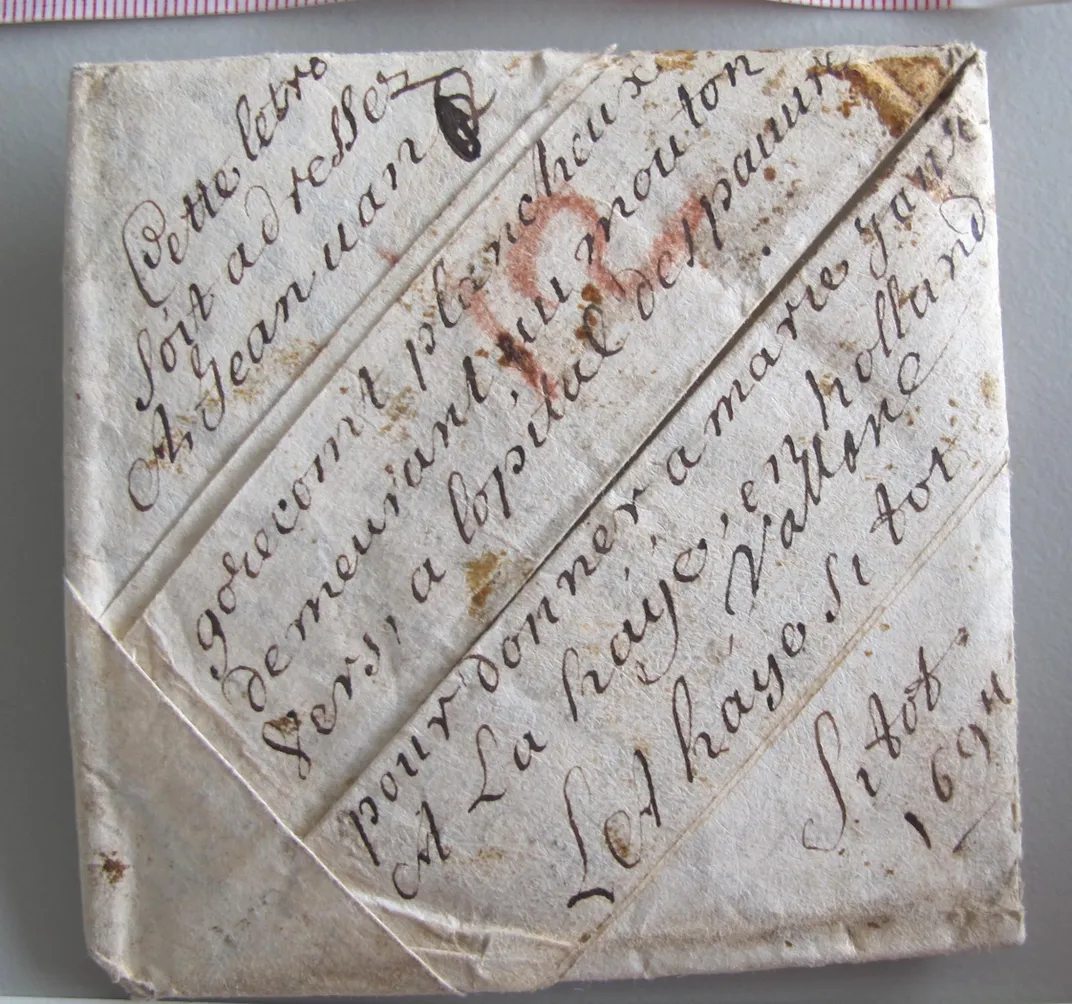
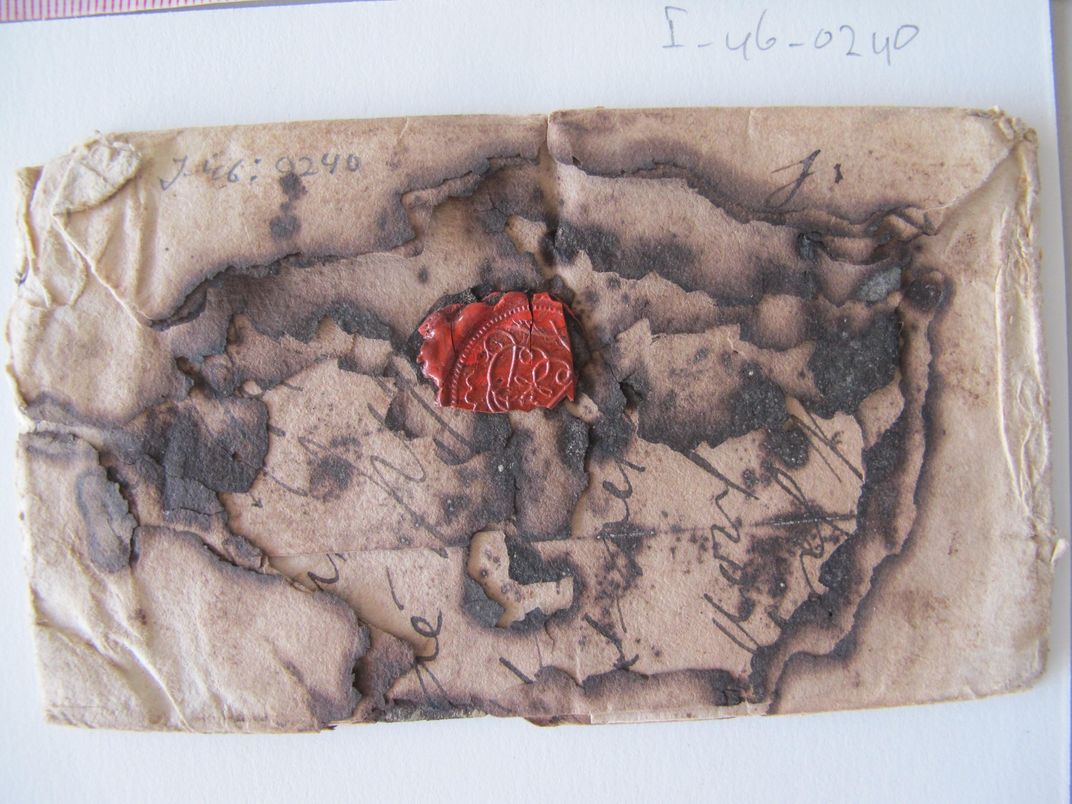
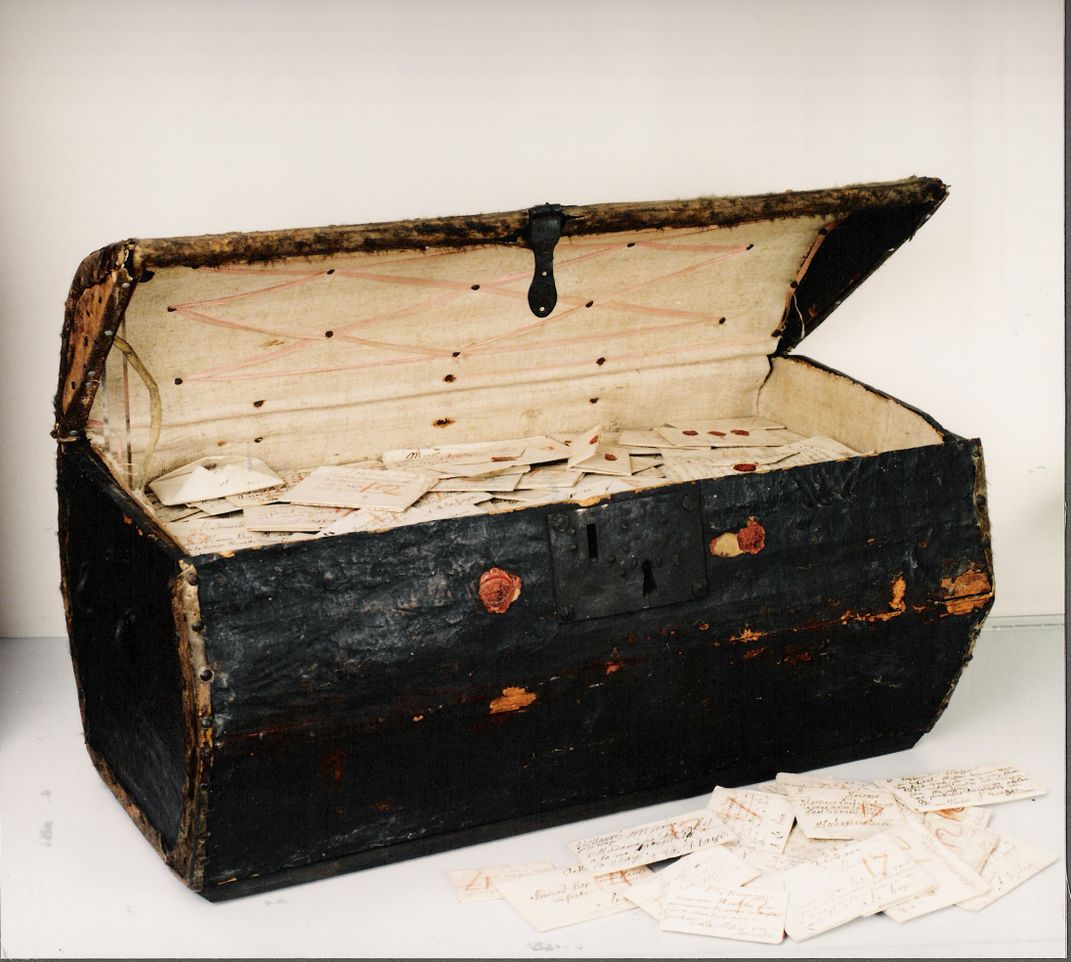
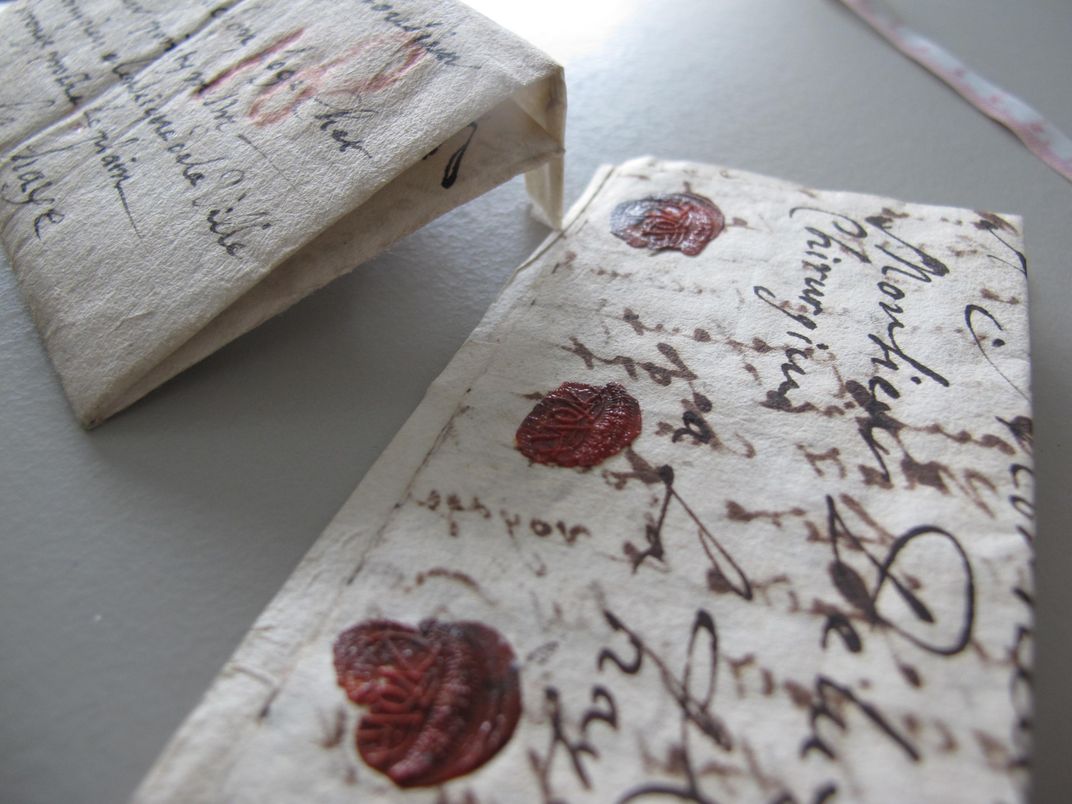
/https://tf-cmsv2-smithsonianmag-media.s3.amazonaws.com/accounts/headshot/erin.png)